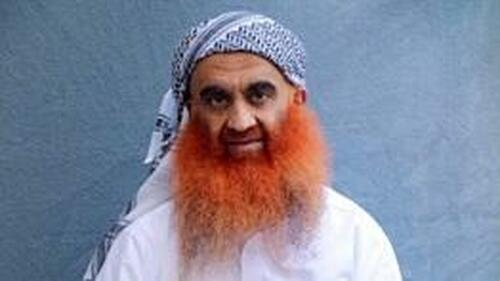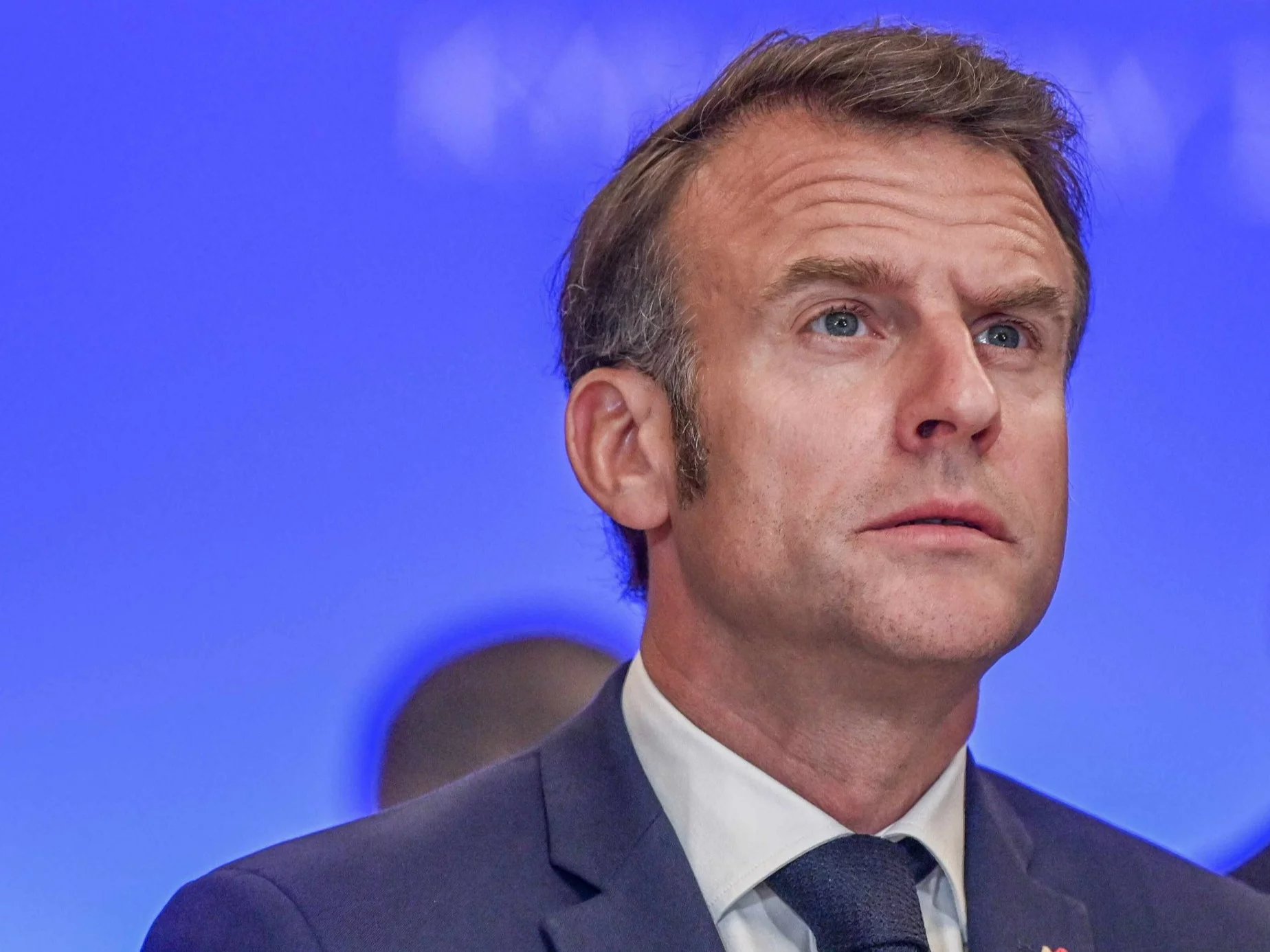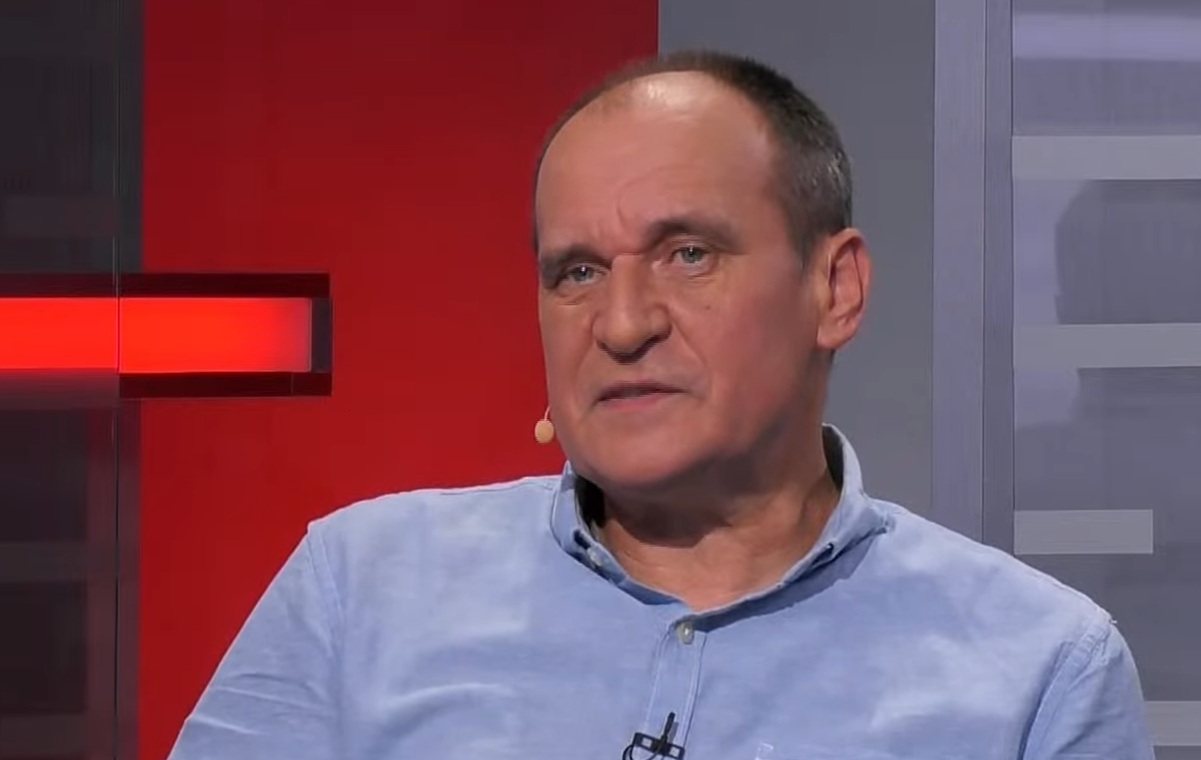
Appeals Court Throws Out Plea Deal For Alleged 9/11 Mastermind Which Would Have Provided 'Answers’
America’s longest running terrorism court case looks to outlast the so-called Global War on Terror itself, as a divided federal appeals court on Friday issued a key decision on Khalid Sheikh Mohammed, the alleged mastermind of the September 11 attacks.
The court overturned a plea agreement that would have allowed him to avoid the death penalty by pleading guilty – but this also assures the case will not be resolved anytime soon.
One motive behind the plea deal, which had been negotiated for over two years by military prosecutors and the top Pentagon official overseeing Guantanamo Bay, was to allow Mohammed to avoid the death penalty and in return he and other accused terror plotters would provide answers to lingering questions from 9/11 victims’ families.
 Via NY Times
Via NY TimesThis new ruling was issued by a panel of the US Court of Appeals in Washington DC and de facto halts efforts to find a speedier resolution to a case which has dragged on endlessly.
Judges Patricia Millett and Neomi Rao wrote in the decision: „Having properly assumed the convening authority, the Secretary [prior defense secretary Lloyd Austin] determined that the families and the American public deserve the opportunity to see military commission trials carried out. The Secretary acted within the bounds of his legal authority, and we decline to second-guess his judgment.”
However, defense lawyers have said that the plea agreement was already legally binding, and further that both a Guantanamo military judge and a military appellate panel backed that position.
Judge Robert Wilkins strongly dissented from the majority of the D.C. appeals court decision, blasting the move to overturn a military judge „stunning”.
„Our deference should be at its zenith when military courts follow persuasive military precedent in the construction of military rules. I am befuddled,” he wrote.
The official 9/11 narrative offered by the Bush administration has long been subject of immense and growing skepticism among the American public, particularly on the question of state sponsorship, awareness, or involvement by a foreign government (or even among Bush officials).
There has since been a growing body of evidence strongly pointing to foreknowledge or even participation in the airline hijackings by Saudi intelligence. There are also new movements and activist groups who seek to get to the bottom of why Building 7 collapsed at freefall speed, even though it was not directly hit by a plane.
US appeals court cancels plea deal for 9/11 mastermind Khalid Sheikh Mohammed, reopening possibility of death penalty. Judges affirm former Defense Secretary Austin’s authority to reject deal, agreeing victims’ families deserve a full military trial. pic.twitter.com/qxT7xDnSEp
— Open Source Intel (@Osint613) July 11, 2025
Below is a biographic background on Khaled Sheikh Mohammed compiled by The Rendition Project:
* * *
Khaled Sheikh Mohammed is a Pakistani national who was captured in a joint raid by the CIA and Pakistani intelligence on 1 March 2003. He spent three-and-a-half years in secret CIA detention before being transferred to Guantánamo Bay in September 2006, where he is still being held. As a ‘High-Value Detainee’ (HVD), Mohammed was subject to a range of ‘enhanced interrogation techniques’ while in CIA detention, including almost 200 uses of the waterboard. US authorities claim that he is ‘a senior al-Qaeda recruiter, financier and operational planner for al-Qaeda’s global terrorist network’, and the self-ascribed head of al-Qaeda’s military committee. In 2008, he was one of five detainees charged with conspiracy in relation to the 9/11 attacks, and is personally charged with masterminding the entire operation.
Khaled Sheikh Mohammed was captured by the CIA and Pakistani Inter-Services Intelligence Directorate in Rawalpindi, Pakistan, on 1 March 2003, alongside Mustafa al-Hawsawi, Ahmed Abdul Qadoos, and an unidentified Saudi national. Mohammed has testified that he was immediately transferred into US custody, and was held for 2-3 days in Rawalpindi. During this time, he says that he was questioned by a CIA agent who also punched him several times in the stomach, chest and face, threw him on the floor, and trod on his face. He was also denied sleep throughout his detention in Pakistan. This account is confirmed by CIA records cited by the SSCI report, which document that he was “interrogated by CIA officers and Pakistani officials… while in Pakistani custody, [and] subjected to some sleep deprivation, but there are no indications of other coercive interrogation techniques being used.”
Anticipating Mohammed’s transfer to CIA custody in Afghanistan, the Chief of Interrogations at the CIA-run DETENTION SITE COBALT sent an email to Headquarters on 1 March 2003, subject: “Let’s roll with the new guy”, requesting authorization to use “enhanced interrogation techniques”. These were approved two days before Mohammed was transferred to COBALT. Once he was in CIA custody, which CIA records show was at some point 3-5 March 2003, the use of EITs began immediately: he was subjected to facial and abdominal slaps, the facial grab, stress positions, standing sleep deprivation (with his hands at or above head level), nudity, and water dousing. The Chief of Interrogations also ordered the use of rectal rehydration without identifying medical need, but in order to assert “total control over the detainee”.
Mohammed’s own testimony about his treatment in Afghanistan, where he says he was held for about three days, closely matches the account provided by CIA records.
Tyler Durden
Sat, 07/12/2025 – 13:25










